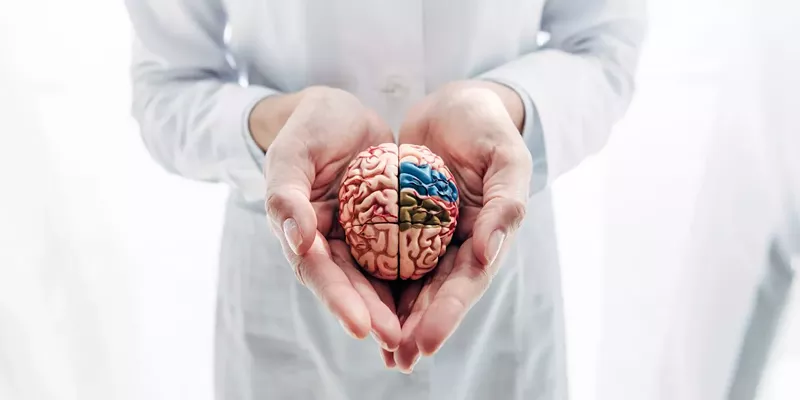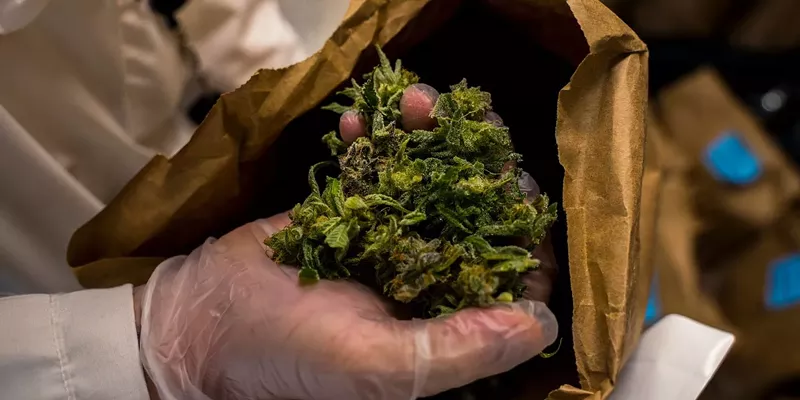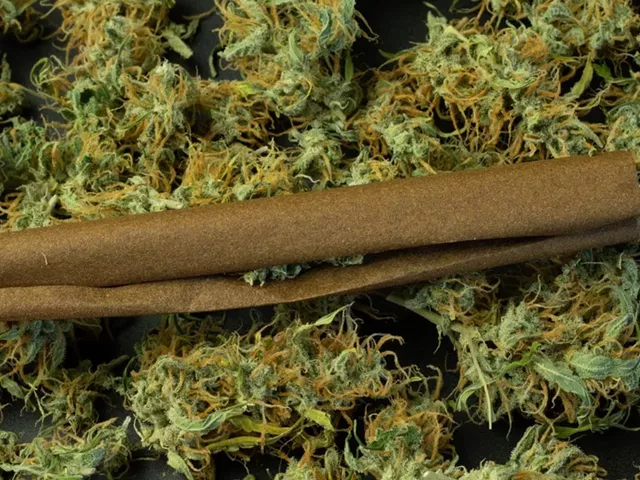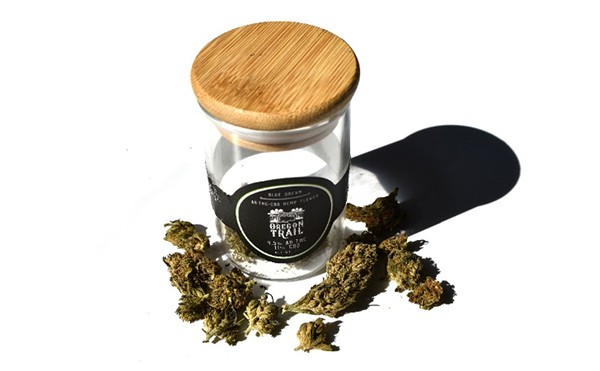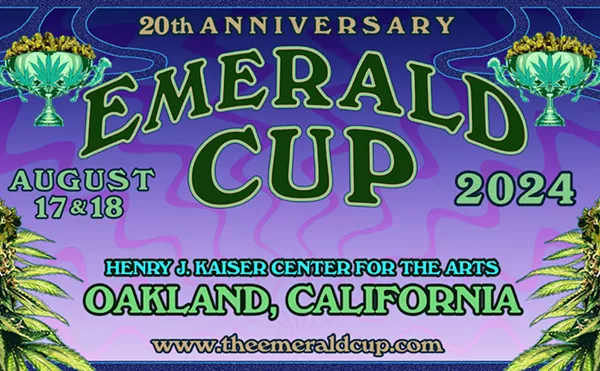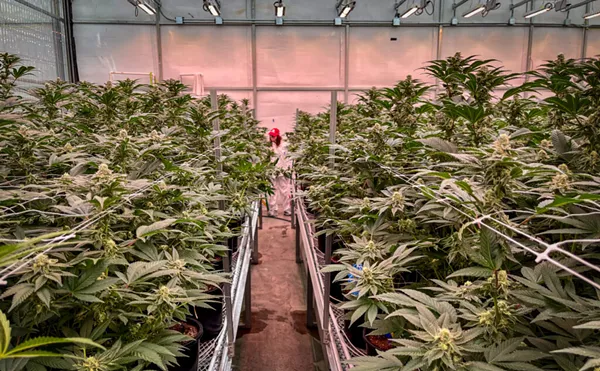THC gets a bad rap for affecting short-term memory, but a new study published earlier this month by a team of international researchers may turn this type of conventional thinking on its head.
We all know the archetypal stoner is absent-minded, forgetful, and perhaps even lacking in intelligence. However, intriguing new research conducted by university teams in Germany and Israel suggests that in the brains of aging mice, THC acts more like a fountain of youth than an intellectual hindrance.
Scientists at the University Hospital Bonn and the University of Bonn, Germany, in conjunction with Israel’s Hebrew University, discovered that low doses of THC as part of a longer-term treatment plan have an anti-ageing effect and may reverse the brain’s aging processes.
In Bidirectional Effect of Long-Term Δ9-Tetrahydrocannabinol Treatment on mTOR Activity and Metabolome, cognitive function in older mice was revitalized through regular, low-dose THC administration.
The researchers specifically targeted the CB1 receptor in the brain, based on previous studies that linked this pathway with neurodegeneration in mice, specifically in relation to memory and learning.
Also revealed in the groundbreaking research was how THC may affect what’s called mTOR, a regulating protein responsible for metabolism, aging, and cell growth that’s linked to cognitive performance.
THC therapy in the brains of older mice caused a substantial increase in mTOR activity in the hippocampus, the area of the brain associated with learning and memory. While animal studies are obviously limited, it’s worth noting that a boatload of scientific study abounds regarding problems with the hippocampus and common illnesses in humans like Alzheimer’s, depression, and epilepsy. Interestingly, all these conditions have also been shown to improve with some sort of cannabis intervention.
Back to the mice: Levels of synaptic proteins also increased, as well as metabolic rates in the hippocampus. These increases were observed after two weeks of THC administration and normalized after four weeks.
The second part of the findings are related to what’s called adipose tissue or body fat. The mice who received THC therapy experienced a significant decrease in this area related to mTOR activity after 28 days, similar to the effects of intense exercise and restrictive dieting.
As to what it all means for the future of THC as a therapeutic substnace? New research suggests that THC has a double-pronged effect on the aging brain:
- Increasing brain activity related to cognition
- Subsequently switching gears to conserve energy and metabolic activity
As University of Bonn researcher Andras Bilkei-Gorzo summarizes:
“Our study suggests that a dual effect on mTOR activity and the metabolome could be the basis for an effective [THC] anti-aging and cognition-enhancing drug.”
Takeaway
New research presents another solid piece of evidence that cannabis therapy can produce a positive outcome for people with neurodegenerative diseases. Even though this new study was conducted on mice, it brings the medical community that much closer to fully understanding the mechanisms by which THC may act as a fountain of youth for the brain, potentially offering countless people with neurodegeneration a new lease on life.

